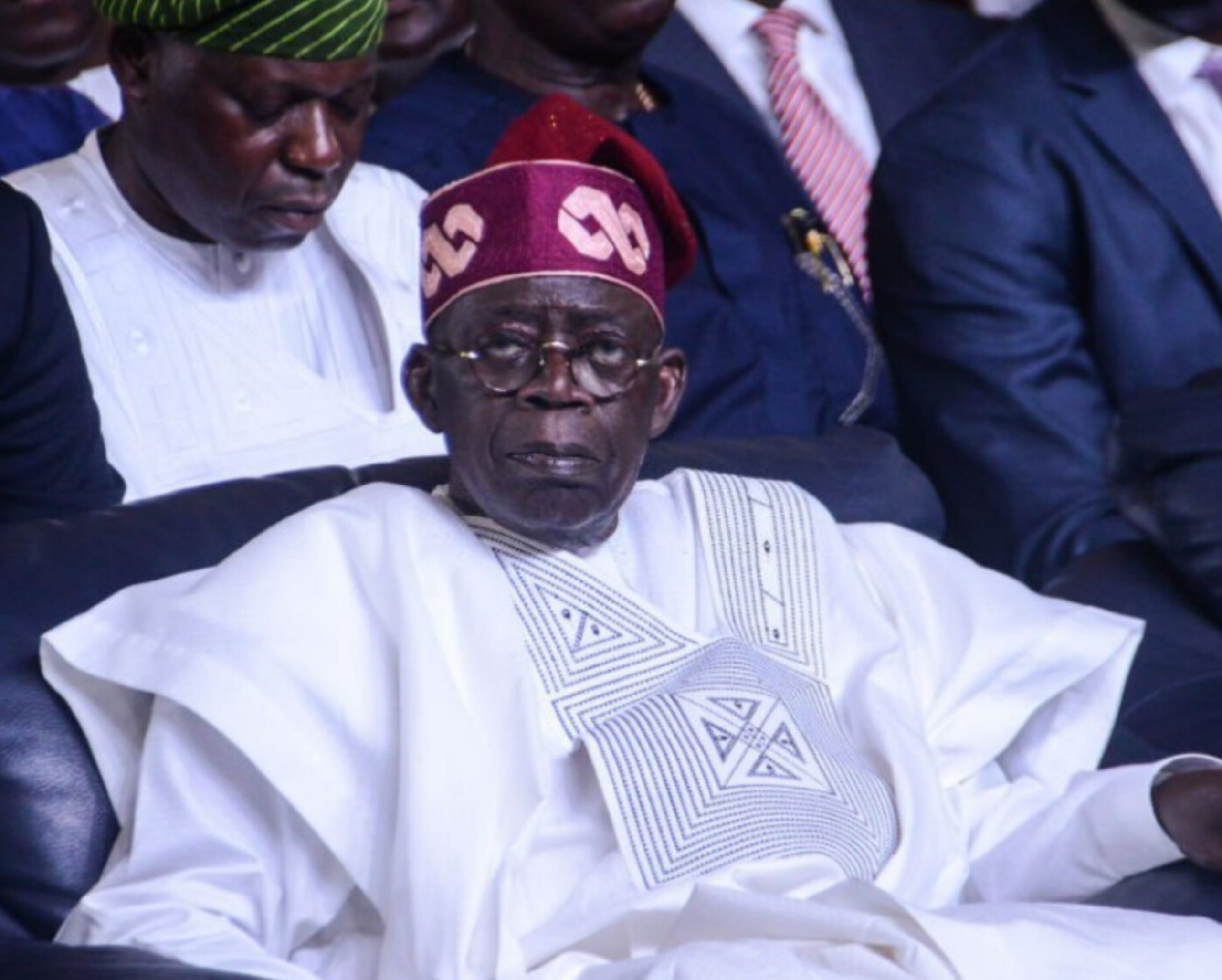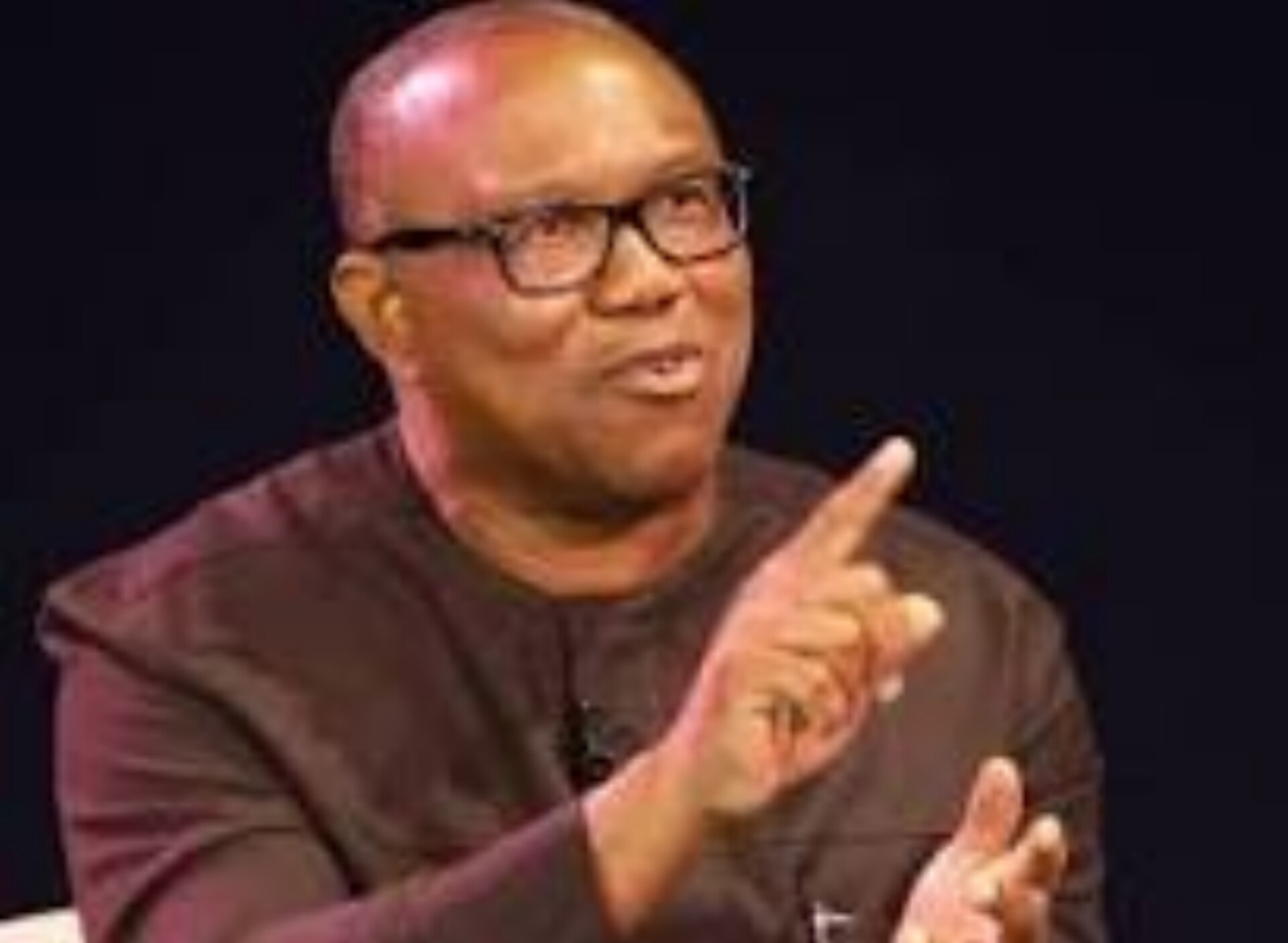****congratulates Onochie, others
Former Deputy National Publicity Secretary of the All Progressives Congress, Comrade Timi Frank has called on the newly inaugurated Niger Delta Development Commission (NDDC) board to urgently make public the report of the forensic audit of the agency carried out last year.
This he said is expedient for the purpose of accountability, transparency and to set the tone for good corporate governance and zero tolerance for corruption under their watch.

He also felicitated with the newly inaugurated management of NDDC led by Lauretta Onochie as chairman and Mr. Samuel Ogbuku as managing director.
Frank in a statement in Abuja urged the new board to prioritise the interest and development of the Niger Delta region.
He reminded the board that NDDC should not be construed as an appendage of the ruling APC but a special purpose vehicle meant to ameliorate the sufferings of the people due to long years of neglect and environmental degradation brought about by the activities of oil exploration, production and spillage.
He also called on the board not to politicise the activities of the agency but rather to carry the communities and all critical stakeholders in the region, especially the youths, along throughout their tenure.
He lamented that despite the noble objectives for setting up the agency as clearly enunciated in the Act establishing the Commission, past managements have turned the place to a cash cow for a few politicians both within and outside the region.
He described the incumbent Managing Director of NDDC, Dr Ogbuku,
as his friend and urged him to bring his wealth of experience, professionalism and integrity to bare in the administration of the agency.
The Bayelsa-born political activist said: “As a friend, I will commend the agency if it stays true to its mandate under your tenure but I will not also fail to expose any iota of corruption or other forms of illegalities should I notice such in the commission going forward.
“I congratulate the new board and urge them to distance themselves from the predisposition of past leadership of the agency that turned the Commission to a cesspit of corruption and rendered it comatose.
“The new board must demonstrate a clean break with the sordid past of the agency by urgently making the report, findings and recommendations of the forensic audit carried out last year in the agency public.
“The exercise was carried out with tax payers’ money and all Nigerians, especially the people of the Niger Delta, deserve to know why the agency became a personal estate for a few eggheads instead of the generality of the people of the Niger Delta region.
“Let the board know that some of us are critical stakeholders in the region. Our duty is to closely monitor the activities of the Commission. If they do well we shall commend them. But if they neglect their duty and focus on illegalities we shall expose them.”
He called on the new board to equally probe the activities of the immediate past sole administrator of the agency, Mr Effiong Akwa and that of the last acting MD of the agency, Engr Emmanuel Audu-Ohwavborua, who served for about two months before the inauguration of the substantive management.
Frank said: “Information at my disposal show that the last acting MD following the sack of Akwa allegedly awarded 38 contracts to few firms within a space of two months as well as spent a whopping N500million to purchase Christmas rice out of which not even a grain got to any household in the region.”
He also called on the Economic and Financial Crimes Commission and the Independent Corrupt Practices and other Related Offences Commission (ICPC) to urgently investigate the tenure of the immediate past sole administrator and last acting MD of the Commission who spent about two months.
He however warned that if the present administration failed to disclose the audit report and ensure that the indicted political leaders who connived to loot the resources of the region over the years are not prosecuted, the incoming PDP government will not spare anyone that partook in any form of illegality while managing the affairs of the agency.




